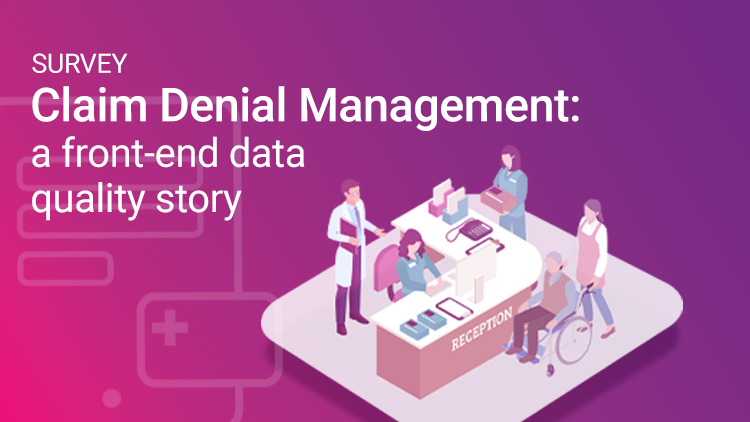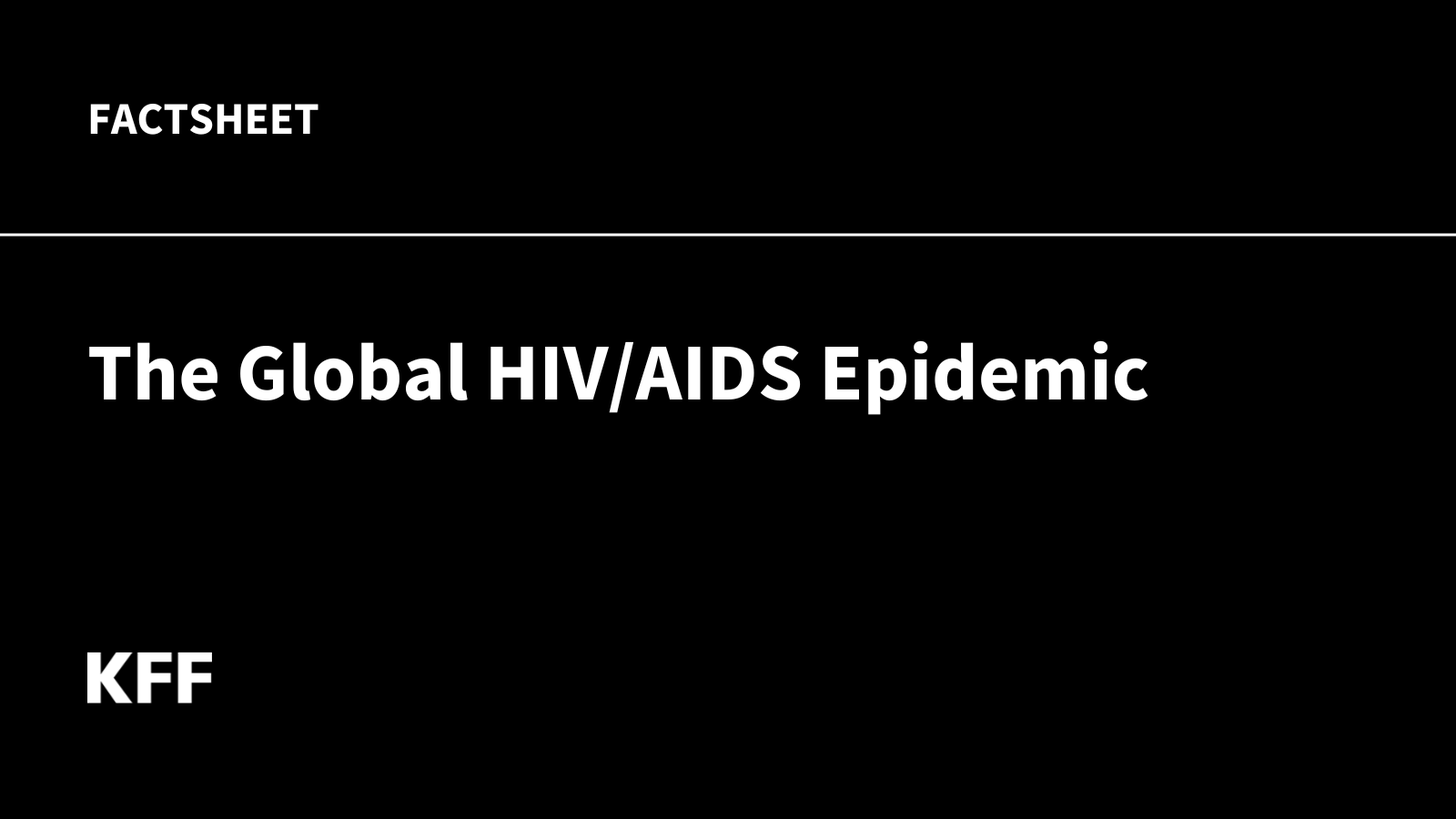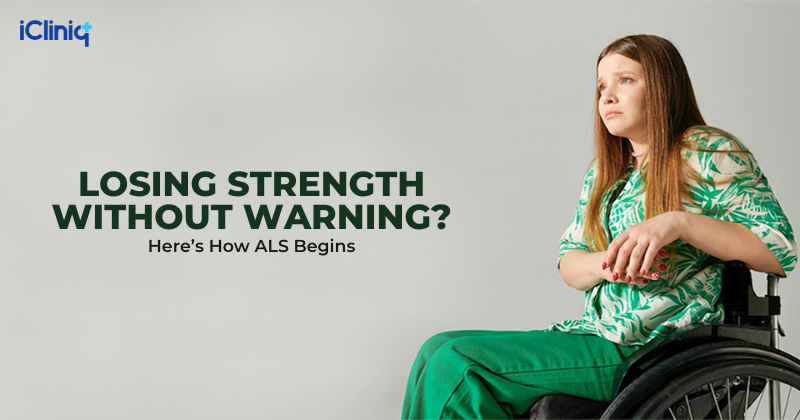The fine line between getting paid what they’re owed and delivering compassionate care puts patient collections among the top challenges for providers. Improvements to collections processes feature prominently in Experian Health’s most recent State of Patient Access survey: 94% of providers pointed to the need for more accurate patient estimates, while equally many want faster, more comprehensive insights into what patients’ insurance actually covers so they can make the billing process easier for everyone.
The challenge is even starker when the patient’s perspective is considered. More than four in ten patients are so worried about the bill that will later land on their doorstep that they’d avoid care altogether. Even those who have insurance are struggling: 53% of total bad debt write-offs in 2023 came from patients with some form of insurance.
As healthcare becomes more expensive, insurance becomes more complex, and patients become more cost-conscious, providers must find ways to improve the patient collections processes. This article looks at how technology can bridge these competing demands.
What are patient collections in healthcare?
Patient collection processes cover all the steps involved in calculating, invoicing and obtaining payment for the amount the patient owes for their healthcare treatment. Figuring out the patient’s financial responsibility starts when the patient registers for care and when the provider can check for active insurance coverage. Once verification and eligibility processes are complete and the provider knows how much of the total cost will be covered by an insurer (if any), they can estimate the patient’s responsibility. The earlier this happens, the better.
What makes the process so complex is the number of moving parts:
- Payer policies change regularly, and staff must keep up to date or there will be gaps and errors in claims submissions and patient estimates
- Healthcare costs are increasing, leaving providers with tighter margins and less room to maneuver
- Patients are increasingly worried about whether they can afford healthcare, as household bills continue to increase despite economic improvements
- Patients expect a wider range of payment options, with72% of patientsemphasizing the need for online and mobile payments to enhance their health experience.
- Billing staff cannot tell which patients are able and likely to pay due to insufficient data on patients’ economic and credit history.
Part of the problem for healthcare providers is that their systems are geared more toward traditional collections from government or private payers. Still, the average patient’s responsibility is at an all-time high. For healthcare providers to increase the volume of revenues they collect from patients, they must invest in technologies that provide consumers with a frictionless payment experience.
How can patient billing and collections be improved?
One way to think about improving patient collections is to break it down into its parts:
Advanced technology offers solutions for each step, while creating a seamless experience overall. In a recent byline, Clarissa Riggins, Chief Product Officer at Experian Health, says that manual systems can’t cut it any longer:
“It’s time to move away from the notion of collections as a one-off, manual and labor-intensive process. Instead, let’s view it as a part of an ecosystem that beginsbeforepatients receive treatment, starting with upfront, self-service payment options and early screening of patients for potential coverage. In this way, we can transform collections from a destination into a process—and perhaps, by doing so, we can even put our traditional collections departments out of business.”
How does technology improve patient collections?
Prompt and accurate patient estimates
Almost nine in ten providers agree that providing accurate, up-front estimates improves patient collections success. Patient Payment Estimates give patients the expected cost of care ahead of time, so they’re in a stronger position to plan – and providers get paid faster. Automated estimates increase revenue and help providers stay on the right side of compliance with rules and regulations.
Analytics-based collections optimization
When compiling accurate bills to patients and payers, providers have a wealth of technical options at their disposal. For example, Collections Optimization Manager uses in-depth data and advanced analytics so providers can identify patients most likely to pay and ensure patient accounts are handled most efficiently. Patients are segmented by propensity-to-pay scores based on behavioral, demographic and credit data. This supports tailored billing and collections strategies and improves financial outcomes by identifying patients most likely to pay and ensuring patient accounts are handled most efficiently.
Case study: See how St Luke’s University Health Network used Collections Optimization Manager to improve patient engagement and boost cash collections by 22%.
Quick and convenient ways to pay
Riggins says that improving payment processes is a significant step toward maximizing patient collections in healthcare. Previous research has shown that while credit and debit cards are the most popular payment methods, patients would use them less often if their preferred digital options were available. Providers should consider digital tools such as PaymentSafe® to offer patients fast, frictionless and secure payment options across multiple collection points, including interactive voice response, mobile, kiosks and patient portals.
Automating patient outreach to increase collections
Another use case for patient access technology is in facilitating direct and efficient communications with patients while reducing the workload for staff. Automated patient outreach tools such as PatientDial and PatientText send patients timely bill reminders and self-pay options via voice or text message to increase collections without the need for agent interaction.
These tools bring more dollars in the door while reducing operational costs: PatientDial helped Experian Health’s clients collect over $50 million in one year via automated call campaigns, saving many thousands of labor hours compared to manual outreach.
Personalizing payment plans for every individual
From the patient’s point of view, a winning strategy calls for transparency and personalized support. Creating a collections process that accommodates patients’ individual circumstances will increase revenue while improving the patient’s financial experience.
For example, Patient Financial Clearance analyzes each patient’s financial situation and creates a personalized payment path that fits their needs. It screens self-pay patients to identify those who need extra support and reroutes them to the proper channels. Where relevant, providers can then offer the option to pay in more affordable installments or connect the patient to financial assistance programs.
Together, these tools improve collections by streamlining how patients pay – and how providers get paid.
Maximize patient collections with Experian Health
Walking the patient collections tightrope demands that providers take bold action and experiment with new approaches. That might feel risky when the stakes are so high, but working with a trusted vendor with experience in delivering leading patient collections solutions should ease concerns. Experian Health’s suite of collections management and secure, reliable payment solutions integrate easily with existing systems and processes for a seamless end-to-end collections experience.
Contact us todayto learn more about maximizing patient collections in healthcare with Experian Health’s leading collections management technology.
Publisher: Source link










